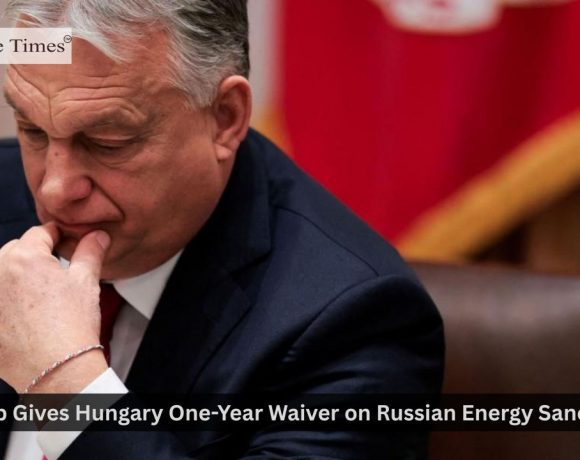
President Donald Trump has granted Hungary a one-year exemption from US sanctions on Russian oil and gas imports, marking a diplomatic win for Hungarian Prime Minister Viktor Orban. The decision, confirmed by a White House official, follows Orban’s visit to Washington, where he argued that his landlocked nation faced severe energy supply challenges without Russian imports. Trump acknowledged Hungary’s unique position and noted the difficulty of finding alternative sources of oil and gas.
The exemption comes just weeks after the US imposed harsh sanctions on major Russian energy companies, warning of penalties for nations continuing trade with them. As part of the deal, Hungary agreed to purchase several hundred million dollars’ worth of US natural gas, though the arrangement is expected to unsettle many European capitals critical of Orban’s pro-Russia stance. The move underscores the close personal and political ties between Trump and Orban, who share similar right-wing populist views.
During their meeting, the two leaders also discussed the ongoing war in Ukraine, with Trump hinting at future peace talks involving Russian President Vladimir Putin. Orban reiterated his belief that Ukraine cannot win the conflict without a “miracle,” arguing that only the United States and Hungary genuinely seek peace. Despite tensions with the European Union, Trump praised Orban as a strong and pragmatic leader and urged Europe to accord him greater respect.
Pic Courtesy: google/ images are subject to copyright

